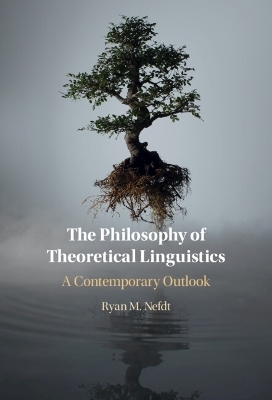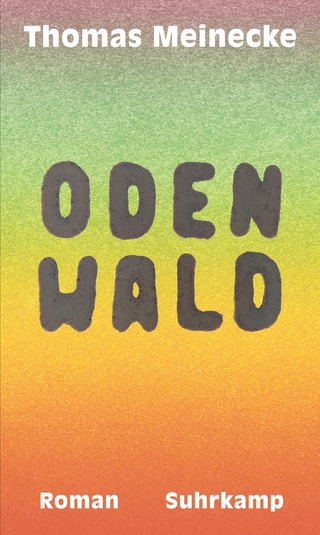
The Philosophy of Theoretical Linguistics
A Contemporary Outlook
Seiten
2024
Cambridge University Press (Verlag)
978-1-316-51425-2 (ISBN)
Cambridge University Press (Verlag)
978-1-316-51425-2 (ISBN)
Drawing on perspectives ranging from generative syntax, optimality theory, computational linguistics, sign language phonology, and language evolution studies, this book explores the current philosophical issues in theoretical linguistics. It is an essential read for linguists, cognitive scientists, and philosophers working in language studies.
What is the remit of theoretical linguistics? How are human languages different from animal calls or artificial languages? What philosophical insights about language can be gleaned from phonology, pragmatics, probabilistic linguistics, and deep learning? This book addresses the current philosophical issues at the heart of theoretical linguistics, which are widely debated not only by linguists, but also philosophers, psychologists, and computer scientists. It delves into hitherto uncharted territory, putting philosophy in direct conversation with phonology, sign language studies, supersemantics, computational linguistics, and language evolution. A range of theoretical positions are covered, from optimality theory and autosegmental phonology to generative syntax, dynamic semantics, and natural language processing with deep learning techniques. By both unwinding the complexities of natural language and delving into the nature of the science that studies it, this book ultimately improves our tools of discovery aimed at one of the most essential features of our humanity, our language.
What is the remit of theoretical linguistics? How are human languages different from animal calls or artificial languages? What philosophical insights about language can be gleaned from phonology, pragmatics, probabilistic linguistics, and deep learning? This book addresses the current philosophical issues at the heart of theoretical linguistics, which are widely debated not only by linguists, but also philosophers, psychologists, and computer scientists. It delves into hitherto uncharted territory, putting philosophy in direct conversation with phonology, sign language studies, supersemantics, computational linguistics, and language evolution. A range of theoretical positions are covered, from optimality theory and autosegmental phonology to generative syntax, dynamic semantics, and natural language processing with deep learning techniques. By both unwinding the complexities of natural language and delving into the nature of the science that studies it, this book ultimately improves our tools of discovery aimed at one of the most essential features of our humanity, our language.
Ryan M. Nefdt is an Associate Professor of Philosophy at the University of Cape Town. He works in the broad area of cognitive science with a specialisation in the philosophy of linguistics. Notable publications include Language, Science, and Structure (OUP, 2023).
List of figures and tables; Acknowledgements; Preface; 1. Introduction; 2. What is a possible human language?; 3. Syntactic metatheory; 4. The science of semantics; 5. Context and pragmatics; 6. Signs, sounds, action!; 7. Computational approaches to language; 8. Language and evolution; 9. Conclusion; References.
| Erscheinungsdatum | 20.04.2024 |
|---|---|
| Zusatzinfo | Worked examples or Exercises |
| Verlagsort | Cambridge |
| Sprache | englisch |
| Themenwelt | Geisteswissenschaften ► Philosophie ► Sprachphilosophie |
| Geisteswissenschaften ► Sprach- / Literaturwissenschaft ► Sprachwissenschaft | |
| ISBN-10 | 1-316-51425-0 / 1316514250 |
| ISBN-13 | 978-1-316-51425-2 / 9781316514252 |
| Zustand | Neuware |
| Informationen gemäß Produktsicherheitsverordnung (GPSR) | |
| Haben Sie eine Frage zum Produkt? |
Mehr entdecken
aus dem Bereich
aus dem Bereich
Wie die Menschheit zu ihrer größten Erfindung kam
Buch | Softcover (2022)
C.H.Beck (Verlag)
18,00 €
Macht und Legitimität politischer Sprache im Prozess der europäischen …
Buch | Softcover (2023)
Nomos (Verlag)
74,00 €


